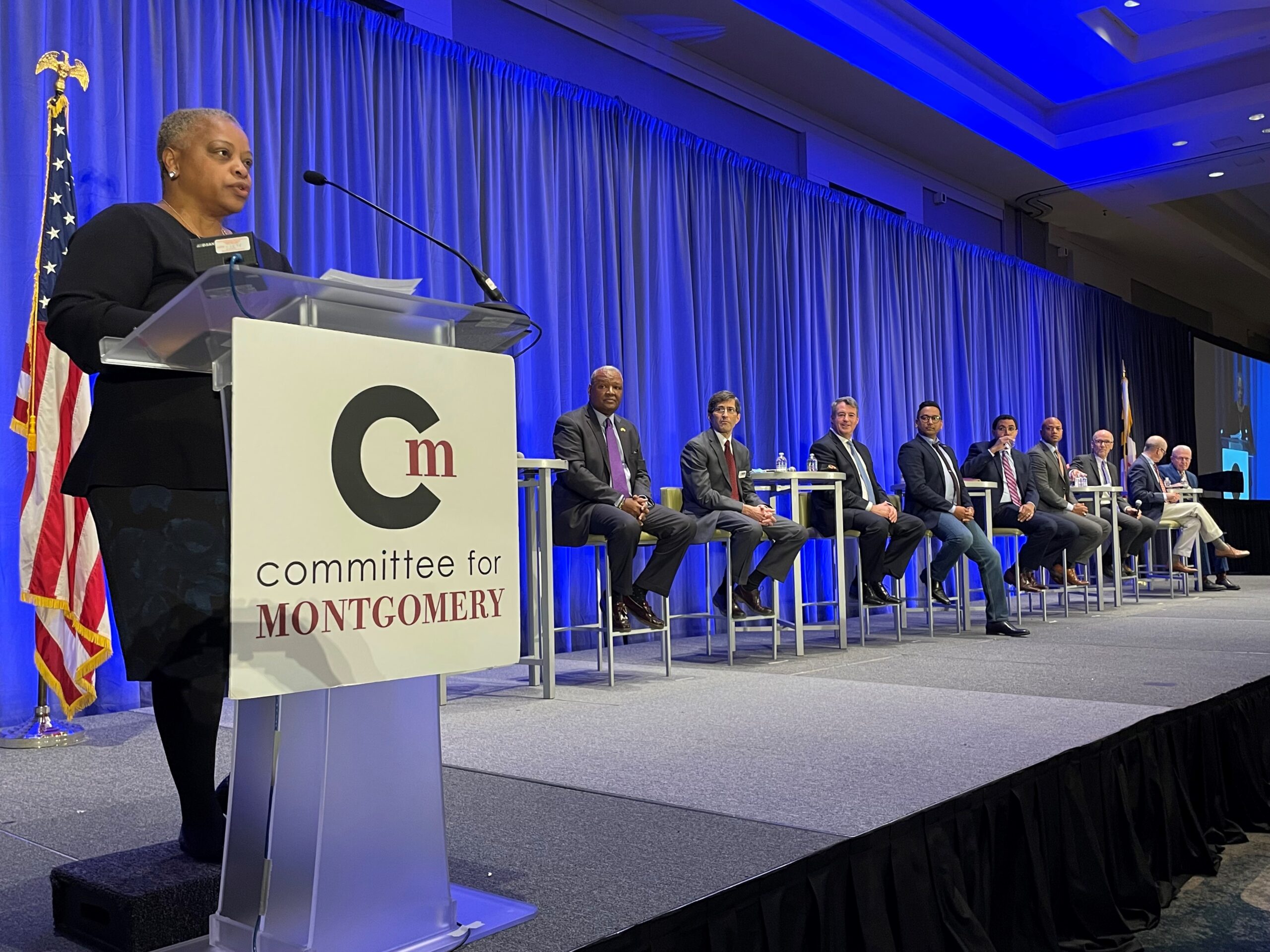Opinion: Making Safety a Priority

Six years ago, while traveling around the state during my campaign for Maryland attorney general, Judge Katie O’Malley, the former first lady, introduced me to Grace McComas’ mom. I learned about Grace — a witty and happy Howard County teenager — but Grace was being bullied. Not by a schoolyard bully, but rather at home — online.
Every time she opened Facebook, she was terrified by a schoolmate threatening her with violence, rape and humiliation. Grace eventually took her own life to escape what seemed to be an unbearable reality emerging from the digital world.
Like many of us, I have been touched by the needless tragedy of suicide. No one deserves to be treated the way Grace was, and we all have to work together to stop the bullying that makes our children think there is no escape.
To that end, in 2014, I wrote Grace’s Law, the toughest anti-cyber bullying legislation at that time in the country.

Jon S. Cardin
Since my bill passed in 2014, the extraordinary growth of social media platforms such as Facebook, Twitter, Instagram and Snapchat have given cyberbullying the oxygen it needs to spread like a malicious virus.
Furthermore, as I learned from witnesses who traveled thousands of miles to testify at my original bill hearing in memory of their loved ones, parents and siblings don’t necessarily know what’s happening to their loved one in the bedroom next door. Bullies can strike in the middle of the night, and when a child quietly turns on her phone, the nightmare begins anew.
Moreover, it’s forever — those vicious threats, they stay on digital media forever. So, those posts, comments, pictures or threats spreads to thousands of computers before the victim even wakes up to read it, and never leave the digital world going forward.
Now in 2018, I am proud that my friend and former colleague, Sen. Bobby Zirkin, recently acquainted with the McComas family and other victims, took the lead to modernize our law and once again make it a standard that the rest of the nation can follow. When the governor signs this updated legislation, we will once again be the nation’s leader in ridding our communities of cyberbullying’s toxic and destructive venom.
You’ve heard the heart-wrenching stories and you’ve read the statistics: the digital world is channeling the lives of our children’s generation. According to the Centers for Disease Control, in the last 10 years, suicide rates have doubled in teenage girls and increased by more than 30 percent in boys. Furthermore, as recently as 2015, 16 percent of high school students reported that they were bullied electronically.
These alarming stats make me cringe when I realize that the vicious and humiliating attacks are perpetrated by someone hiding behind a smartphone or computer.
Like schoolyard bullying, these online harassment techniques, try to intimidate and exert power, but they also evolve and improve in efficacy as children who just want to fit in are moved to insanity. In fact, Sen. Zirkin correctly pointed out that there is overlap with other criminal behaviors like revenge porn, stalking and blackmail — all three of which I tackled in 2013 and 2014 with parallel and related legislation.
Nevertheless, the malicious perpetrators will combine these efforts into a devastating poison leaving our children believing that there is no escape from the festering harassment.
As the study of the teenage psyche increases, we begin to understand their feelings of depression, isolation, shame, anxiety and distrust. In fact, the reason this bill passed in 2014 is that parents, who alerted to bullying, decided it was time to do something about it. The telling reality is that our 5-year-old landmark, anti-cyberbullying legislation in honor of Grace has become somewhat obsolete.
Since then, technology has evolved and social media platforms have grown by billions of users. I said it five years ago, “We update our computers, what about our laws to keep pace with technology?”
These two bills better define procedures for victims of cyberbullying and revenge porn and provide updates to the existing law to reflect the current digital landscape, including addressing new and emerging forms of social media. They also enhance the penalty for encouraging a child to commit suicide.
With passage of these bills, Maryland has an opportunity to once again show bullies that we take this dangerous behavior seriously. We can teach our young people the importance of civility. We can empower victims to regain confidence and control of their lives. And we can show the nation that cyberbullying threatens our communities and will not go unpunished.
JON S. CARDIN
The writer served as 11th District delegate from 2003-2015 and was lead sponsor of Grace’s Law and Revenge Porn Criminalization in 2014. He is a candidate for House of Delegates in the upcoming election.




 Creative Commons Attribution
Creative Commons Attribution